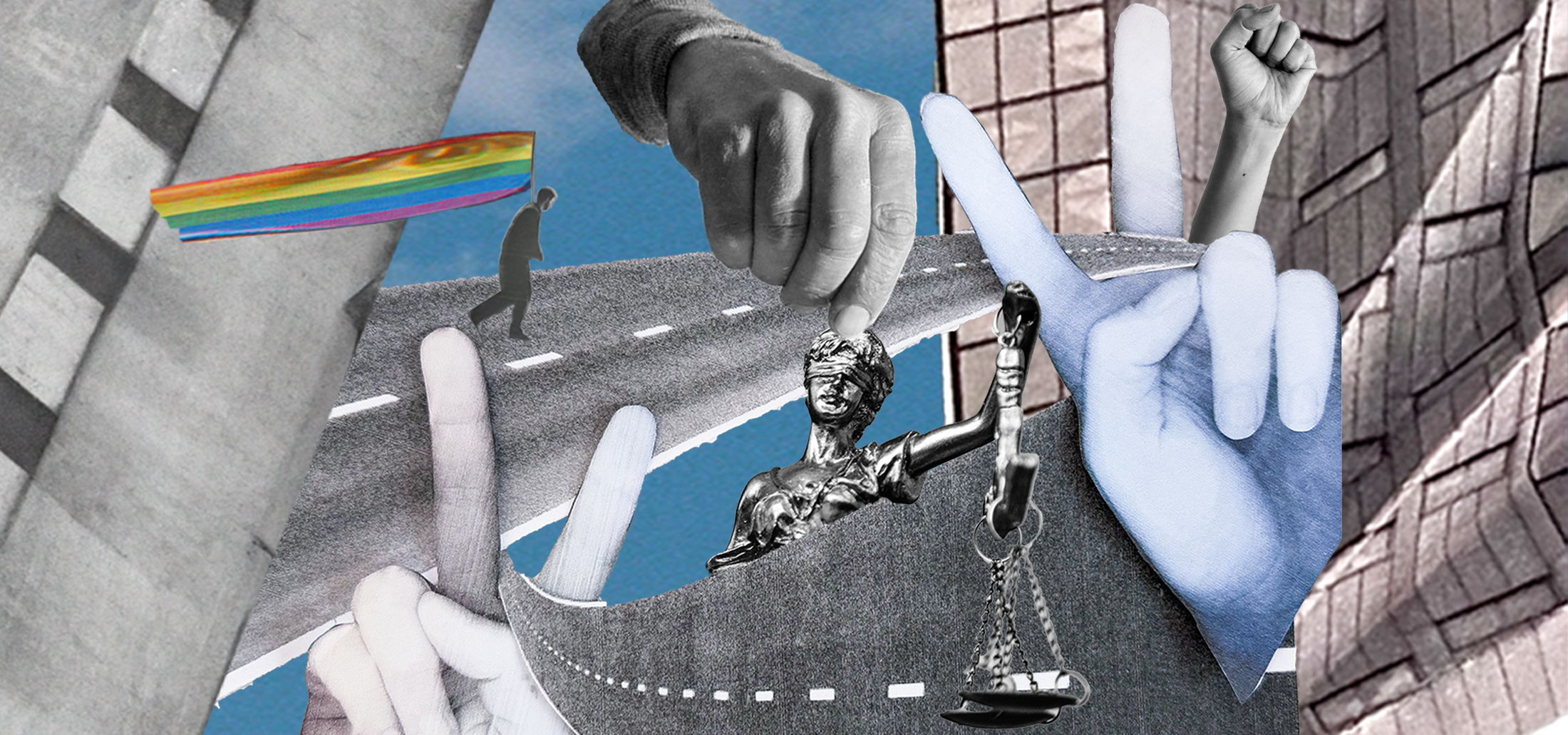
Human rights failures undermine Kosovo’s democracy
Political malevolence blocks LGBTQ+ equal rights.
Kosovo’s LGBTQ+ community experienced the recent election campaign as an extended exercise in erasure.
Berisha sees politicians’ resistance to equal rights as an impediment to democratic progress.
As corruption and failed accountability for political missteps has pervaded, LGBTQ+ people and other marginalized groups have borne the brunt.
Do figures like Kurti or Finance Minister Hekuran Murati comprehend ordinary Kosovars’ daily hardships? Or have they become so removed from life’s everyday realities that they no longer understand the suffering unfolding in struggling households fighting to get by?
Meaningful progress requires a concerted effort to embrace equality and human rights for all.

Duggi Nokaj
Duggi Nokaj studied at “Faik Konica” journalism school for a year. He graduated with a Bachelor of Business Administration degree, with a concentration in accounting from Florida Atlantic University. He enjoys traveling, reading and hanging out with family and friends.

Ismail Cakolli
Ismail Cakolli is a queer activist from Prishtina. He enjoys his new role as a production coordinator. In his free time, he loves watching films and documentaries, as well as engaging in meaningful conversations with friends.
DISCLAIMERThe views of the writer do not necessarily reflect the views of Kosovo 2.0.
This story was originally written in English.